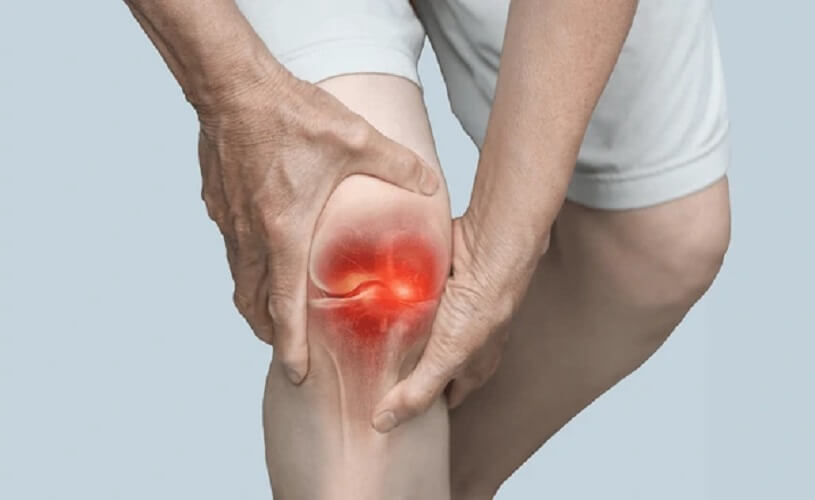Explore Ayurvedic treatments for arthritis, including powerful herbs, diet tips, and lifestyle practices to reduce pain, inflammation, and improve joint health naturally.
Arthritis is a condition characterized by inflammation of the joints, causing pain, stiffness, and swelling. It can affect individuals of all ages, although it is more common in older adults. Ayurvedic medicine, which has been practiced for thousands of years, offers a holistic approach to managing arthritis by addressing the root causes and balancing the body’s energies. Ayurveda treats arthritis not only through physical remedies but also through diet, lifestyle adjustments, and mental well-being.

Ayurvedic treatment for arthritis focuses on balancing the body’s doshas through herbs, Panchakarma therapies, yoga asanas, and dietary changes, aiming to reduce inflammation, alleviate pain, and improve joint mobility.
Ayurvedic herbs have long been used for their anti-inflammatory and pain-relieving properties. Some of the most effective herbs for arthritis include:-
Panchakarma is a detoxification and rejuvenation therapy in Ayurveda, helping cleanse the body of toxins and balance the doshas. Key treatments for arthritis include:
Yoga plays a crucial role in alleviating arthritis symptoms by improving joint mobility, flexibility, and strength. Specific asanas beneficial for arthritis include:-
Diet plays a crucial role in managing arthritis. Foods that have anti-inflammatory properties are essential for soothing arthritis symptoms. Include:-
Certain foods can exacerbate inflammation and worsen arthritis symptoms. It is advisable to avoid:-
Arthritis can be a challenging condition, but with Ayurveda’s holistic approach, it is possible to manage and alleviate symptoms. Ayurvedic treatments like herbs, Panchakarma therapies, yoga asanas, and a balanced diet, along with appropriate lifestyle changes, can make a significant difference in reducing pain, improving mobility, and enhancing overall quality of life. By focusing on both the body and mind, Ayurveda provides a comprehensive pathway to healing and pain management.
We focus on treating the root cause of illness, not just the symptoms. By addressing the imbalances in your Doshas at their source, we help you achieve lasting wellness and long-term results.
Book Appointment Now
